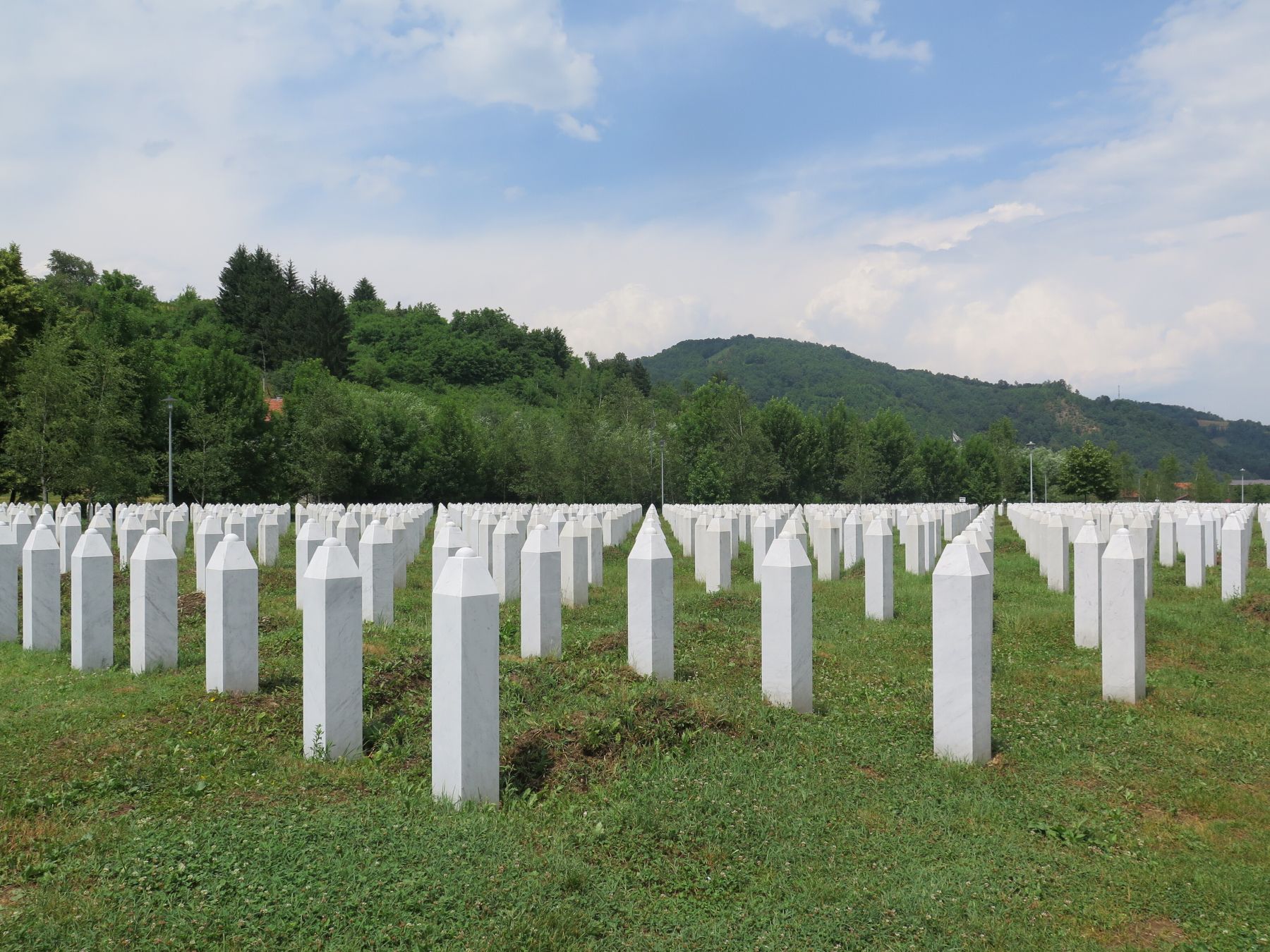Ahead of the 30th anniversary of the massacre in Srebrenica where more than 8,000 Bosnian Muslim men and boys were killed by the Bosnian Serb Army, Amnesty International’s Deputy Regional Director for Europe, Dinushika Dissanayake, said:
“As we mark this solemn milestone and honour the memory of the victims, we also pay tribute to their families and to organizations like Mothers of Srebrenica, who spent the last three decades in tireless pursuit of truth, justice and reparations.
“While many perpetrators have been brought to justice, the anniversary is a painful reminder that nearly 1,000 people presumed killed in Srebrenica in 1995 are still missing. Their families continue to live without answers, unable to lay their loved ones to rest or gain any real sense of closure.
“As families grapple with enduring trauma, they are facing renewed efforts by senior officials in parts of the region to deny the crimes and glorify individuals convicted of genocide and crimes against humanity. The denial of genocide is not only a profound insult to victims and families, it is also a rejection of the definitive rulings by international courts that established beyond doubt that the acts committed in Srebrenica constituted genocide.”
Background to the Srebrenica massacre
In July 1995, units of the Bosnian Serb Army (‘VRS’) attacked Srebrenica, Bosnia and Herzegovina, which was a designated UN “safe area”. On 10-11 July 1995, more than 8,000 Bosnian Muslim men and boys were taken prisoner and subsequently killed by the Bosnian Serb Army, despite the presence of UN peacekeepers.
In 2007, the International Court of Justice ruled that the Srebrenica massacre was a genocide. While the bodies of more than 7,000 victims have been exhumed, identified and buried, more than 1,000 people are still missing or unidentified.
Despite high-level prosecutions, including Ratko Mladic and Radovan Karadzic, there is still a huge backlog of cases pending before domestic courts in Bosnia and Herzegovina.
In May 2024, the UN General Assembly designated 11 July as the International Day of Reflection and Commemoration of the 1995 Genocide in Srebrenica.
Header image: Graves at the Srebrenica-Potocari Memorial Centre. Photo by Amnesty International.






















